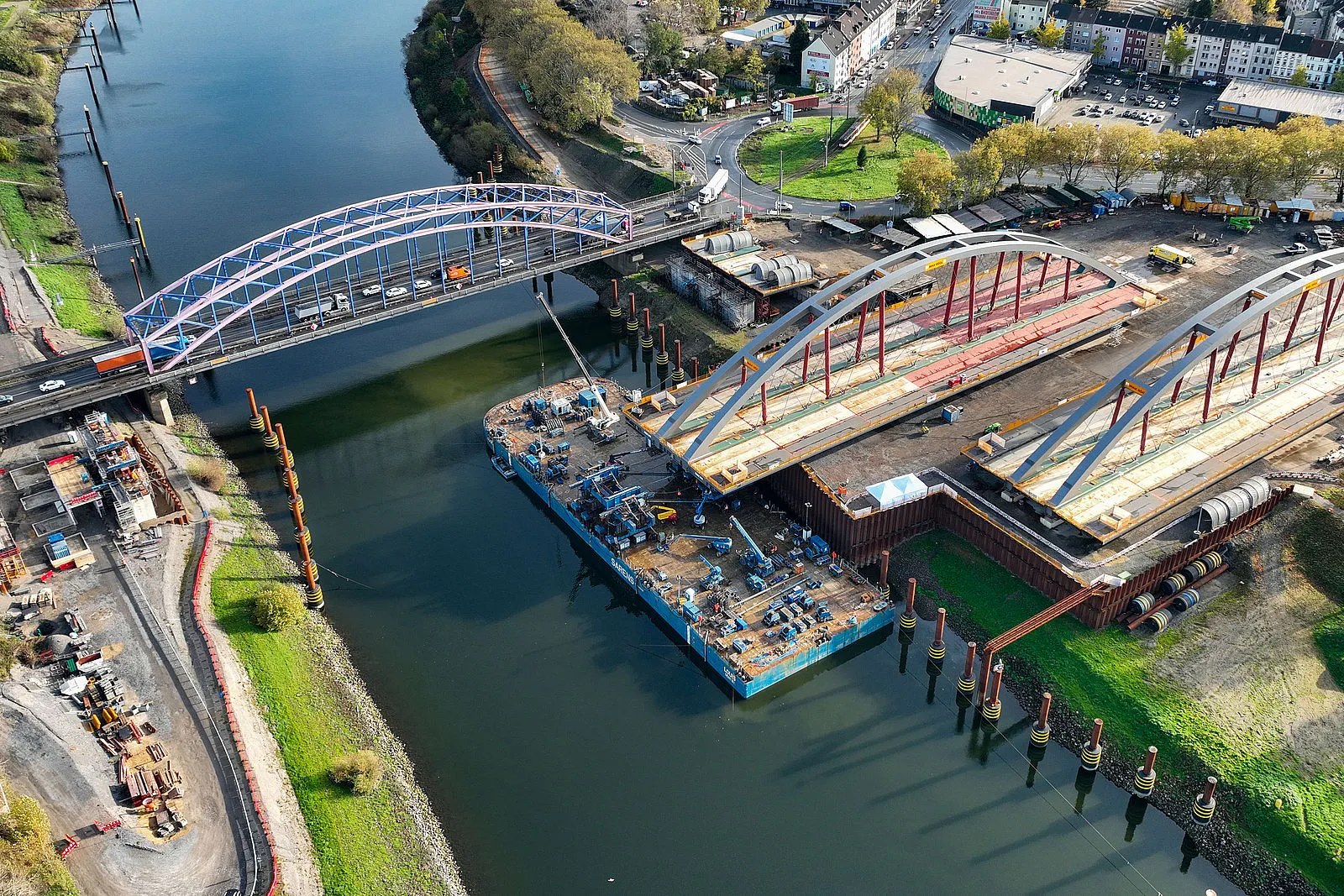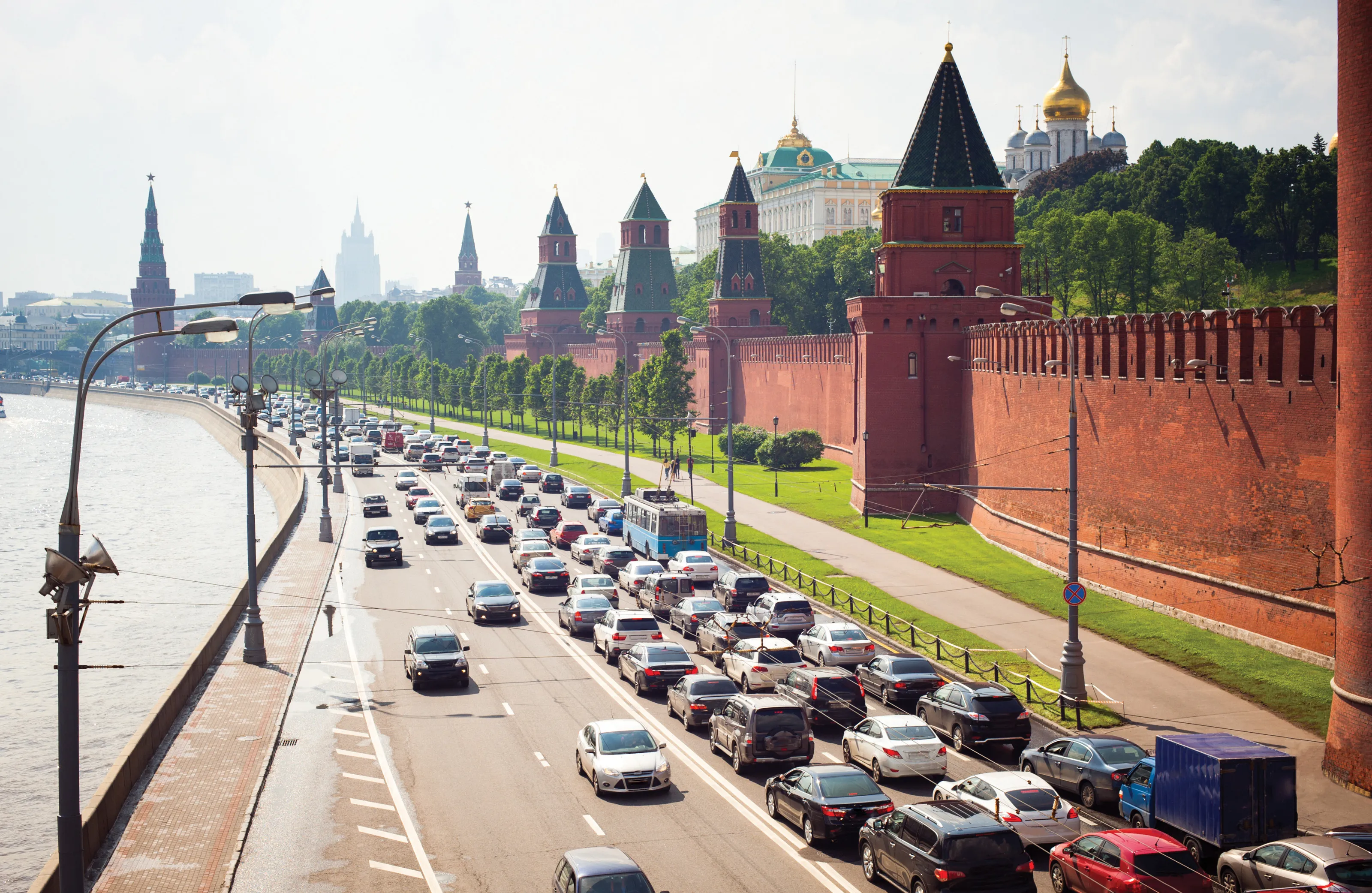The centre of Brussels, the Belgian capital, has become a 30km/hour
speed limit zone.
At 4.6km², it is now one of the largest such zones in Europe and its introduction coincided with European Mobility Week (16-22 September). The entire area within Brussels’ Ring Road will be restricted to 30km/hour for all vehicles except trams. An exception will be made for four wide lanes awaiting redevelopment.
Traffic signs will be posted at all access routes, and drivers will be reminded of the speed limit with roa
May 14, 2012
Read time: 2 mins
The centre of Brussels, the Belgian capital, has become a 30km/hour
speed limit zone.
At 4.6km², it is now one of the largest such zones in Europe and its introduction coincided with European Mobility Week (16-22 September). The entire area within Brussels’ Ring Road will be restricted to 30km/hour for all vehicles except trams. An exception will be made for four wide lanes awaiting redevelopment.
Traffic signs will be posted at all access routes, and drivers will be reminded of the speed limit with road markings and flashing speed indicator signs. After an evaluation phase, the authorities will carry out enforcement via fines.
The city council hopes that besides improving traffic safety, this measure will also improve the city centre’s vibrancy and flow of traffic, leading to reductions in air and noise pollution.
The council intends to monitor the implementation closely for a year after which additional reshaping measures may follow.
speed limit zone.
At 4.6km², it is now one of the largest such zones in Europe and its introduction coincided with European Mobility Week (16-22 September). The entire area within Brussels’ Ring Road will be restricted to 30km/hour for all vehicles except trams. An exception will be made for four wide lanes awaiting redevelopment.
Traffic signs will be posted at all access routes, and drivers will be reminded of the speed limit with road markings and flashing speed indicator signs. After an evaluation phase, the authorities will carry out enforcement via fines.
The city council hopes that besides improving traffic safety, this measure will also improve the city centre’s vibrancy and flow of traffic, leading to reductions in air and noise pollution.
The council intends to monitor the implementation closely for a year after which additional reshaping measures may follow.








